

Section 9.1.Enhanced radiation monitoring
In the unlikely event of a nuclear accident or a suspected nuclear accident, radiation monitoring in Hong Kong will be stepped up, including:
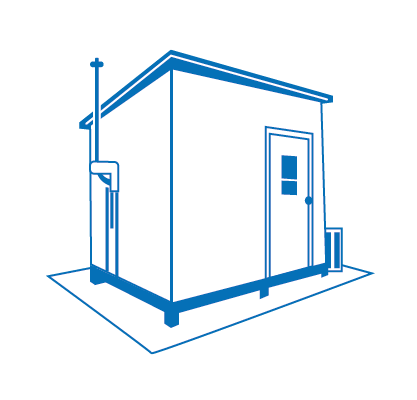
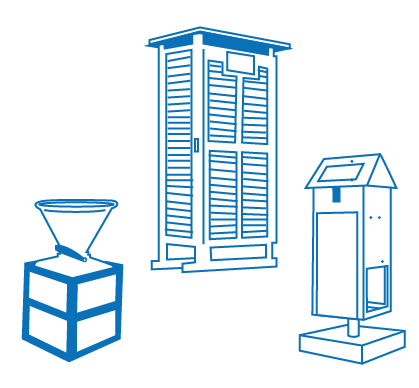
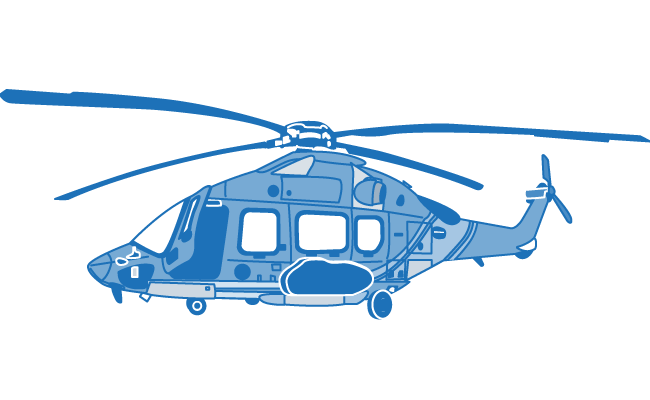
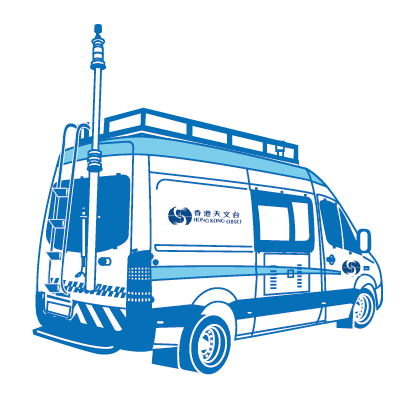
Section 9.1.Enhanced radiation monitoring
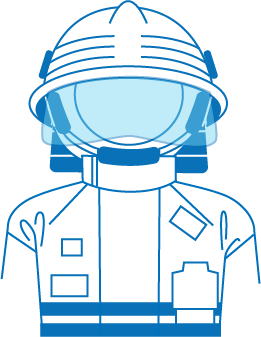
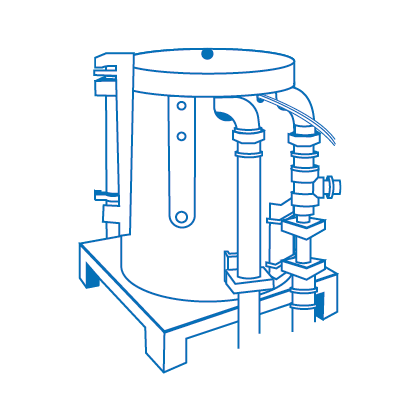
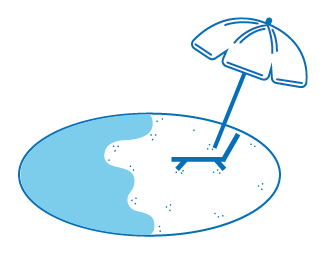
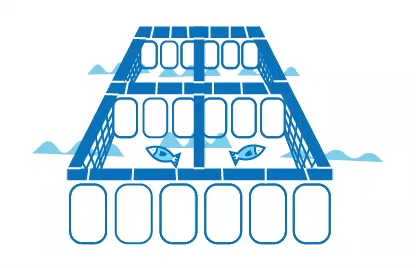
Collecting water samples at beaches and fish culture zones for testing

Increasing the number of food samples to be collected at boundary control points, wholesale and retail markets
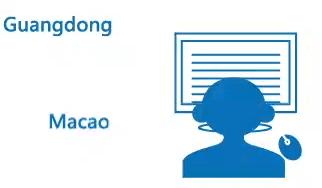 Closely monitoring and analysing the radiation data received from Guangdong and Macao
Closely monitoring and analysing the radiation data received from Guangdong and MacaoSection 9.2.Response measures
Evacuation
In the unlikely event of a nuclear accident at Daya Bay, the government may consider evacuating residents and visitors in Tung Ping Chau as well as vessels in Mirs Bay within 20 km from Daya Bay.
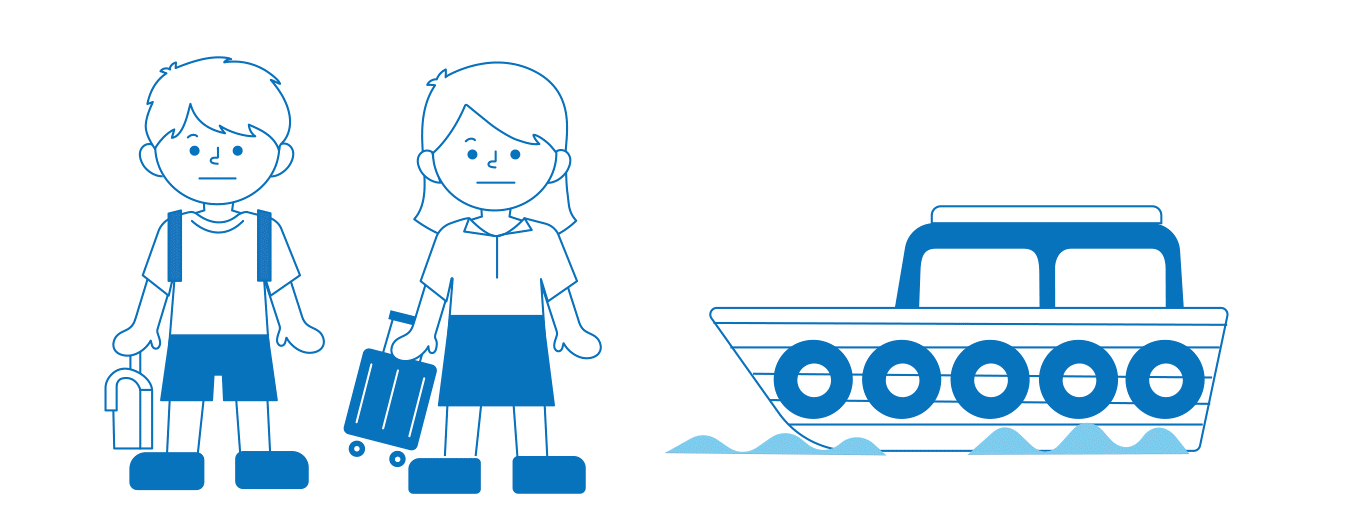
Sheltering
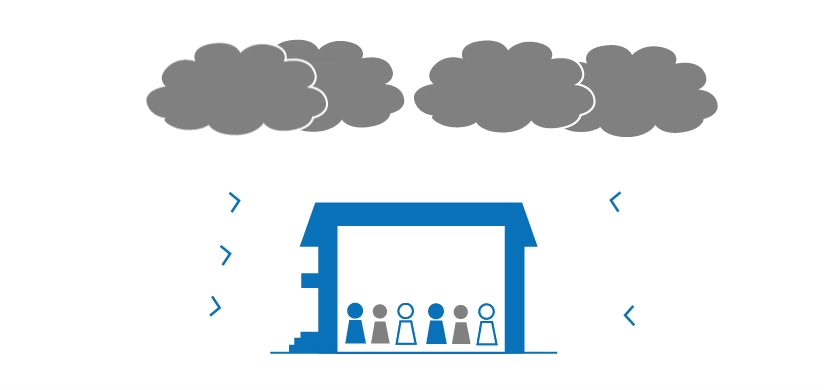
In the unlikely event of a nuclear accident at Daya Bay, subject to the prevailing wind direction and other weather conditions, the radioactive plume may quickly pass through the related areas and sheltering can effectively reduce the radiation exposure. Sheltering is also preferred when evacuation cannot be arranged for the public under inclement weather (e.g. rainstorm). In this case, the public might be advised to keep on sheltering until the weather warrants for evacuation.

Section 9.2.Response measures
Use of thyroid blocking agent
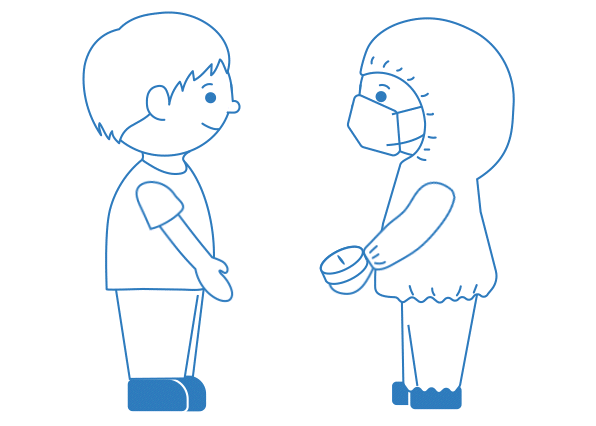
Radioactive iodine is one of the most common fission products released in a nuclear accident. The Government has stockpiled thyroid blocking agents for emergency use. If needed, the Government will make an announcement and give instructions. Emergency response departments will distribute the thyroid blocking agents for use by specific groups of people.

Radioactive iodine is one of the most common fission products released in a nuclear accident. The Government has stockpiled thyroid blocking agents for emergency use. If needed, the Government will make an announcement and give instructions. Emergency response departments will distribute the thyroid blocking agents for use by specific groups of people.
Ingestion countermeasures
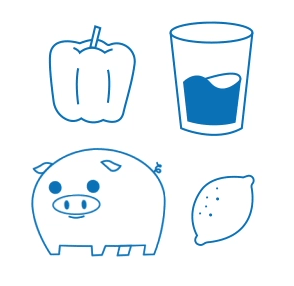
If a radioactive fallout has occurred, depending on the level of radioactive substance released, food and water exposed in the outdoor environment may be contaminated. The Government will closely monitor foodstuffs, livestock and drinking water imported from the Mainland or locally produced for possible contamination, and may consider making announcements or imposing appropriate controls on some foodstuffs and drinking water when necessary.

Section 9.2.Response measures
Boundary control measures
According to professional advice of the international health authorities, unlike pathogens of infectious diseases, radiological contamination is usually not readily transmissible. It will not multiply over time. On the contrary, it will reduce significantly over time owing to radioactive decay and basic personal hygiene measures. It is very unlikely for persons and goods, even if they are directly contaminated at locations outside the nuclear stations, to "contaminate" or cause harm to others. Therefore, in general, a radiological contamination of a person is more of an individual health risk, rather than a public health risk affecting the general population.
Frontline departments will take action to monitor inbound travellers and goods where necessary.


Assistance to contaminated persons
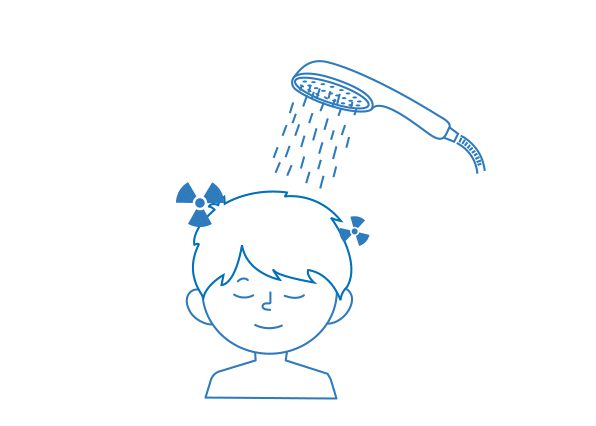 The Government will set up Monitoring Centres to provide assistance to persons (such as those evacuated from Tung Ping Chau) who are suspected to be contaminated. If the persons are confirmed to be radiologically contaminated after screening, they must undergo decontamination procedures. Most of the contaminants could be removed by simply changing clothes and wiping skin with clean paper towels. If not effective, taking a shower can remove the contaminants.
The Government will set up Monitoring Centres to provide assistance to persons (such as those evacuated from Tung Ping Chau) who are suspected to be contaminated. If the persons are confirmed to be radiologically contaminated after screening, they must undergo decontamination procedures. Most of the contaminants could be removed by simply changing clothes and wiping skin with clean paper towels. If not effective, taking a shower can remove the contaminants.
